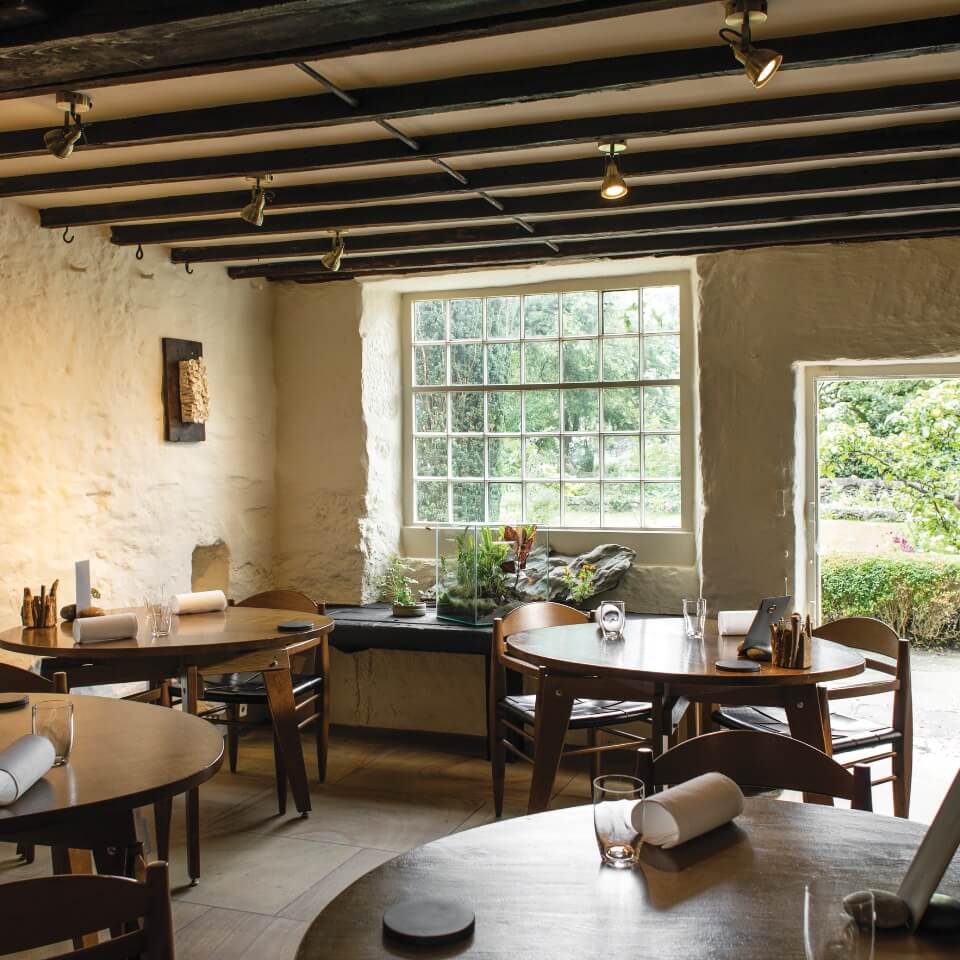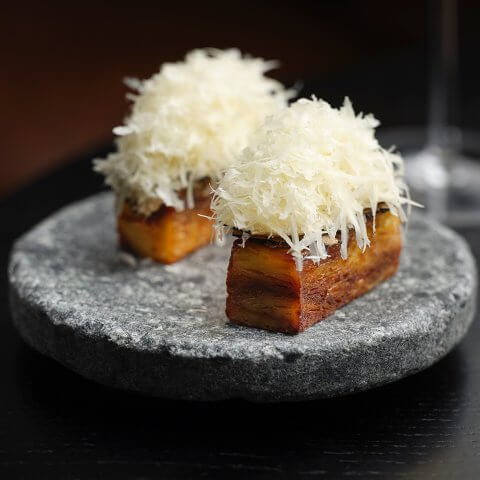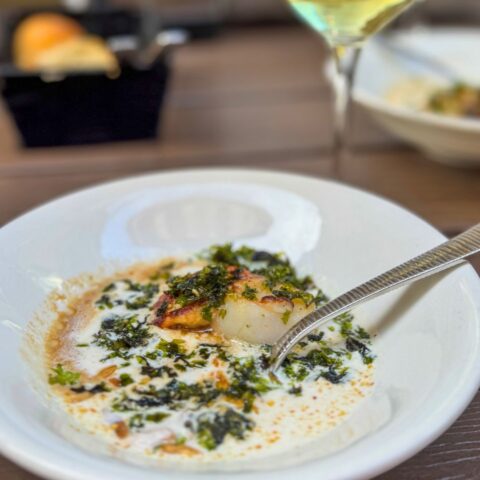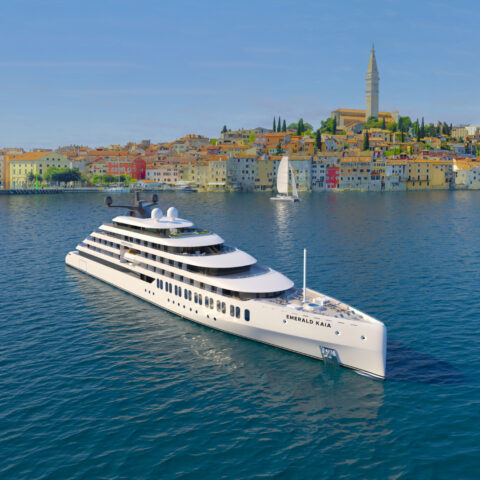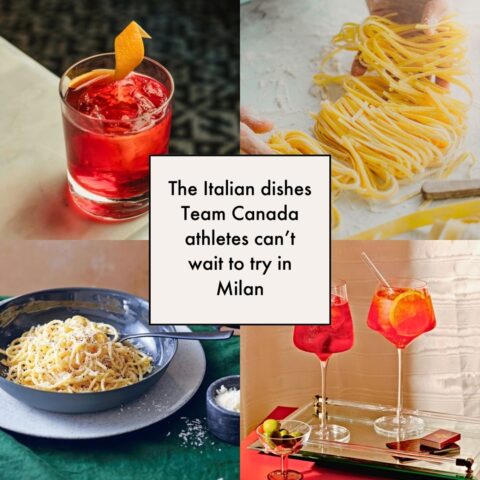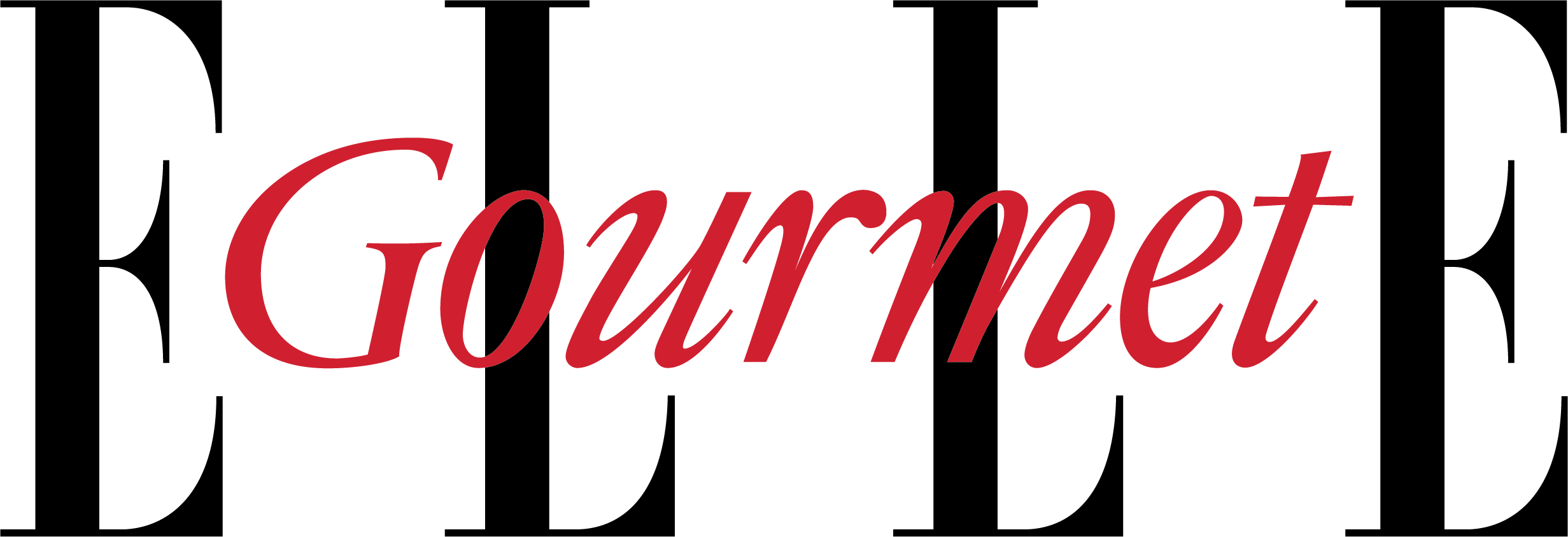The restaurant business is notoriously difficult, and the significant challenges the industry has faced over the past four years – the COVID-19 pandemic, escalating effects of climate change, supply-chain issues and worldwide staffing shortages – have been insurmountable for many. Yet in 2022, in the tiny village of Cartmel, in England’s Lake District, chef Simon Rogan and his team secured a third Michelin star at their flagship restaurant, L’Enclume.
The restaurant, which is one of nine overseen by Rogan and is situated in a former 13th-century blacksmith workshop, is a destination, with gourmands planning trips to the area to enjoy the indulgent, creative tasting menu. Rogan also has a B&B, cozy rooms atop his Cartmel restaurants that allow visitors to explore the Lake District (the country’s largest national park) when they’re not dining.

But he points out that he’s had a fifth challenge to work through on top of everything else: Brexit. “The U.K. has always been very much about a class system,” he says. “Being a chef or being a waiter was always the thing you did because you had nothing else to do. People didn’t see that as an art form, as a profession.” Prior to Brexit, the hospitality workforce was staffed by those from France, Italy, Spain and Germany.
His solution to the staffing problem was to innovate, a recurring theme over his 20-plus-year career. In 2021, he joined forces with nearby Kendal College to launch the Simon Rogan Academy. The 18-month program teaches students age 16 and up the ins and outs of what’s needed in the kitchens of fine-dining restaurants while they work at his local establishments, including the more relaxed Henrock, at the Linthwaite House hotel, and Rogan & Co., the one-Michelin-starred neighbourhood eatery in Cartmel. (Rogan & Co. is where overnight B&B guests have a three-course breakfast.) As part of the program, they complete a week-long internship at Rogan’s Hong Kong restaurant Roganic (which also has a Michelin star) and, importantly, spend time growing produce on the company’s farm.

Rogan is one of the pioneers of farm-to-table dining in the U.K., and his farm has been evolving since it was established in 2011. Today, it is three times the size it was when first cultivated, and it supplies 80 percent of the produce used in the company’s U.K. restaurants.
Innovation is instrumental on the farm. Being situated in a national park means there are restrictions on building things like greenhouses. Frost in May happens more often than the team would like, which shortens the growing season, and there are all the expected hazards of organic farming: pests, rodents, infestations.
Head grower John Rowland is a problem-solving farmer. He’s skilled at maximizing every available space on the farm and getting inventive with how produce is grown, growing things like flowers and cresses – things that are often imported by restaurants – thereby minimizing the restaurant group’s environmental footprint. Students and staff become experts in preserving, pickling and fermenting to ensure that summer’s bounty can be used in dishes throughout the year. And the farm is a closed-loop system, using waste from the chickens on-site and compost from the restaurants to feed and nourish the soil.

When Rogan first opened L’Enclume, the farm was initiated out of necessity – for the first 10 years of the business, local suppliers simply weren’t able to deliver what his kitchen staff needed. Today, it’s a different story. “There are a lot of great suppliers out here now,” he says. But his team keeps growing – and expanding what they grow – because people want to be a part of it. “Our restaurants are very much connected to our surroundings. Our ethos, what we stand for, is embedded in the countryside of the Lake District. We could never change that.”

